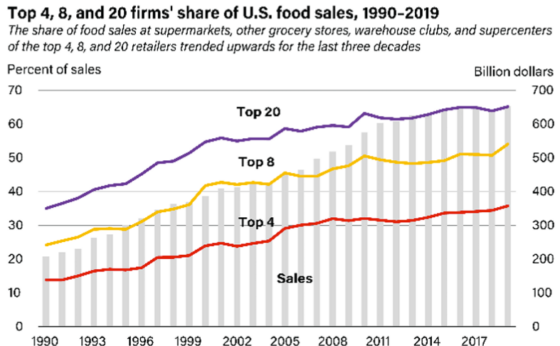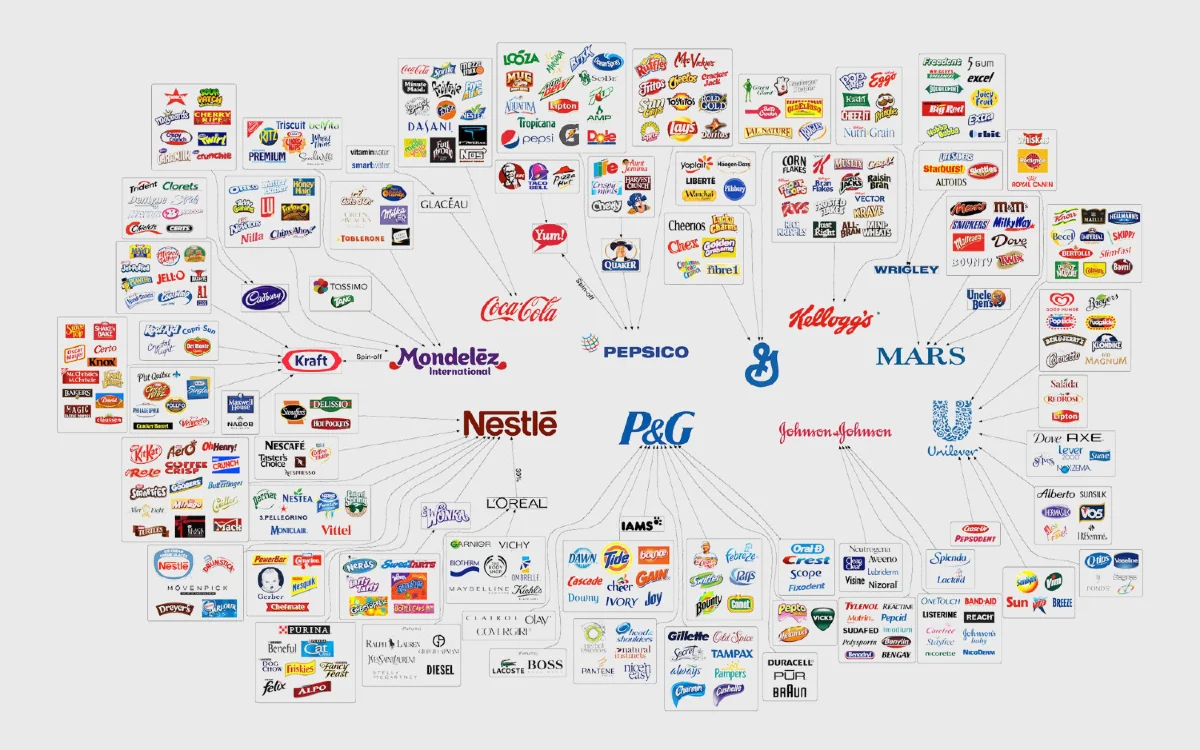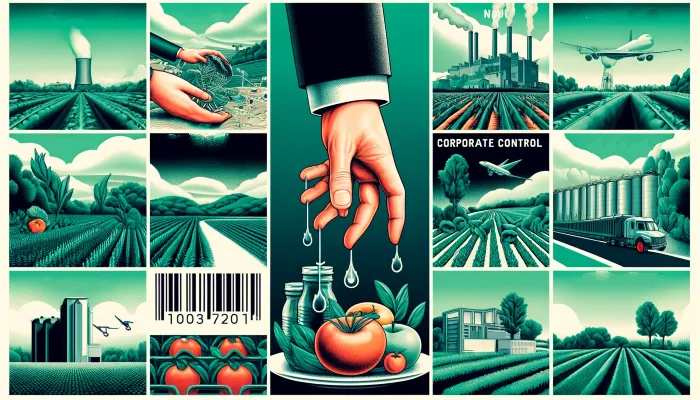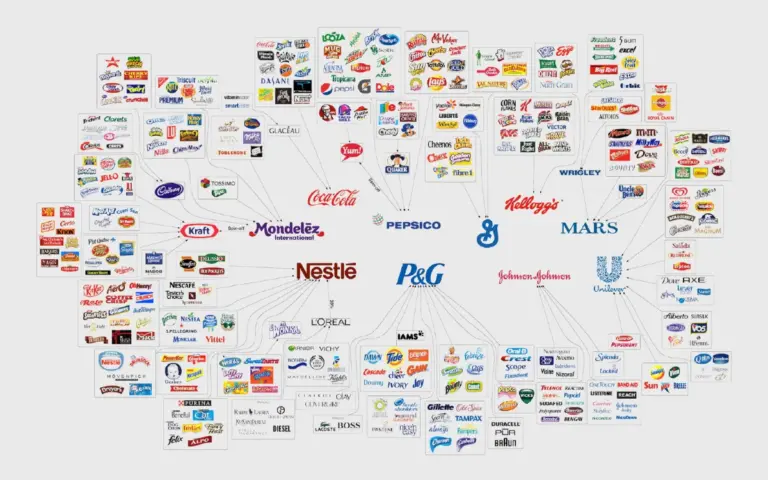In the sixteen years following the influential documentary “Food, Inc.,” investigative journalist Eric Schlosser, along with author Michael Pollan, have returned to spotlight the increasing consolidation within the food industry through their sequel, “Food, Inc. 2.”
The new documentary delves deep into how a few conglomerates now dominate food production, echoing the monopolistic patterns of the late 1800s. Schlosser’s recent exploration in The Atlantic, titled “Do We Really Want A Food Cartel?”, exposes the pernicious effects of these mergers and acquisitions that have crafted a market that is not only inefficient and barely regulated but also grossly unfair and dangerous.
The Pandemic as a Catalyst for Corporate Dominance
Schlosser discusses how the COVID-19 pandemic revealed the fragility and failings of the current food system. “I was really stunned by how the meatpacking workers of America were being sacrificed in order to keep production going,” Schlosser shared on FRESH AIR, recounting how the pandemic underscored the extreme measures companies would take to maintain operations. The government’s intervention to prevent shutdowns of meatpacking plants, even amidst rampant COVID outbreaks among workers, highlighted the immense power these corporations wield.

The Illusion of Choice in American Supermarkets
One of the critical issues Schlosser addresses is the illusion of choice that American consumers face. Despite the appearance of diversity in products and brands, the reality is much different. “When you go to the supermarket, there are thousands of products, and you think they’re independent companies, but they’re made by a handful of companies,” Schlosser explains. This illusion extends to the supermarket chains themselves, with major players like Kroger and Albertsons operating under numerous brand names, misleading consumers about the true lack of competition.

The Stark Reality of Market Concentration
The concentration in the food industry isn’t just a theoretical concern but has tangible impacts on prices, quality, and innovation. Schlosser points out that when a few companies control a market, they dictate terms in a way that can stifle competition and innovation while keeping wages low and prices high for consumers. “Once four companies control about 40% of a market, you don’t really have competition anymore,” he notes, emphasizing the detrimental effects on both producers and consumers.
The Danger of Corporate Control
The documentary also touches on the significant risks associated with such high levels of market concentration, particularly in sectors as vital as food production. Schlosser highlights the 2021 infant formula shortage as a stark example of this danger. The contamination issue at an Abbott Nutrition plant, which controlled a significant portion of the market, led to a nationwide shortage, illustrating how the consolidation of production facilities can lead to widespread crises.
Future Directions and the Role of Regulation
More To Discover
- How to Help Your Early Blooming Bulbs Grow Continuously Year After Year
- World’s First Silicon-Free Solar Panel Is Hair-Thin and Transparent
- Harvard’s Lithium Metal Battery Lasts For Thousands of Cycles And Charges In Minutes
- Cats at Their Healthiest: Essential Vaccines, Their Benefits, and Average Costs Explained
Schlosser advocates for stronger antitrust enforcement and regulatory reforms to address the over-consolidation in the food industry. He stresses the need for a food system that prioritizes safety, diversity, and resilience over corporate profits. Furthermore, he calls for political action to reduce corporate influence in regulation, stating, “One of the solutions is going to be getting the money out of politics.”
As “Food, Inc. 2” revisits and expands upon the issues raised in the original documentary, Schlosser and Pollan urge a reevaluation of the systems that govern our food. The consolidation that has only intensified since the first film isn’t just a threat to the economic landscape but to the very integrity of our food sources and the health of consumers. Schlosser’s work serves as a crucial call to action for policymakers, industry stakeholders, and consumers alike to advocate for a more equitable and sustainable food system.





















